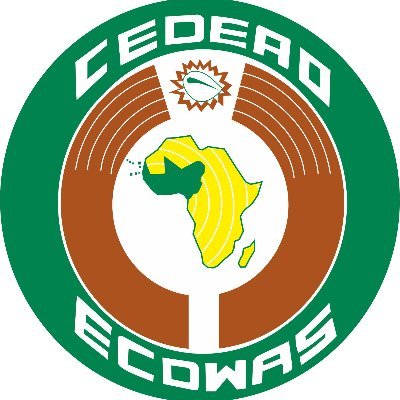To enable food security in Nigeria, the Economic Community of West African States (ECOWAS) has approved a $78 million training grant to support and empower 150 farmers in Bauchi State and the Federal Capital Territory (FCT).
This allocation was disclosed by the ECOWAS Commissioner for Economic Affairs and Agriculture, Mrs. Massandje Toure-Litse, at the launch of a poultry workshop for beneficiaries of the grant in the Orozo area of Abuja on Tuesday.
Report gathered that the beneficiaries of the ECOWAS grant are farmers of the Community Allied Farmers Association of Nigeria (COMAFAS) to enhance the capacity of young people to engage in agriculture value chains and food production.
She stated that the funds would be allocated to train 150 young individuals in the fields of poultry and fisheries, highlighting that these two subsectors play a vital role in driving the sub-region’s economy and fostering its development.
“ECOWAS has developed comprehensive training modules and organized a training section for a total of 3,032 young individuals with 30 per cent being women and 70 per cent”, she added.
She emphasized that enhancing agricultural productivity and competitiveness in West Africa has the potential to positively impact food security, economic development, and livelihoods in the sub-region.
Toure-Litse highlighted that the ECOWAS Agriculture Policy remains the guiding framework for all 15 member states, emphasizing its focus on agricultural productivity and competitiveness.
The program’s primary goal is to strengthen the capabilities of young people and female farmers, facilitating their access to resources, markets, and involvement in agribusiness.
She underscored the urgent need for intervention in gender participation in agriculture, youth employment, and various aspects of the food supply chain, including crops, forestry, livestock, and fisheries.
“Products from crops, livestock and fisheries are the second largest when we talk about intra-community trade and interestingly, among these, livestock is the largest item.
“It is anticipated that by 2030, at least 30 per cent of young people in the sub-region will be employed in the agriculture sector.
“This will amount to a 75 per cent reduction in youth under-employment in rural areas,’’ she said.
Meanwhile, Dr Austine Maduka, Founder/President of COMAFAS, explained that the training organized in partnership with ECOWAS aims to educate young farmers on effective strategies for starting and managing production.
He emphasized that the partnership will play a crucial role in ensuring the availability of meat and other food products while equipping individuals with relevant skills to implement sustainable poverty reduction strategies.

